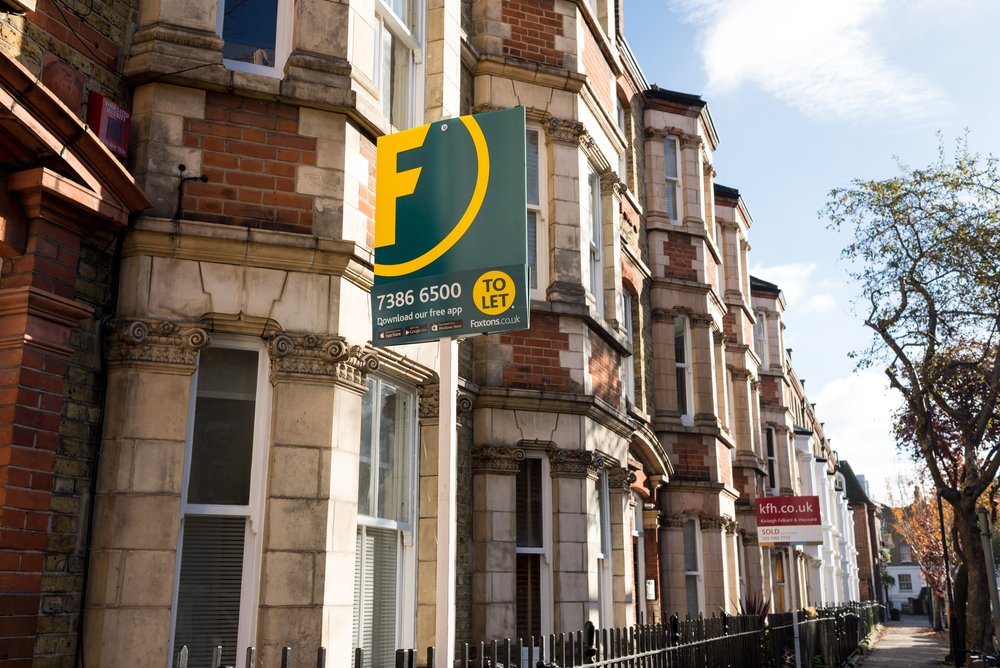Whether you’re looking to buy your first home, upsize to a bigger property or you just want to know whether your current property will hold its value, we look at what the rising number of Covid-19 cases and the latest restrictions could mean for you.
‘We live in uncertain times’ is a phrase that’s been used a lot this year. It’s hard for anyone to plan ahead with any certainty. The autumn budget, which would have been held in November, has been scrapped due to the pandemic. The Treasury says now is not the right time to outline long-term plans.
It’s hard to predict with any great certainty what might happen in the short-term. However, we do know that the property market is currently still buoyant. UK house prices are at a record high. Recent figures from Nationwide show prices rising at their fastest rate in 16 years. Vendors are receiving offers quickly too. It is typically taking around 27 days from the date the property goes onto the market to receive an offer. This time last year, the average was 39 days.
However, the process of selling a property is taking much longer due to a backlog of mortgage applications. If you are thinking of moving house, it’s best to act now to ensure that you benefit from the Stamp Duty holiday. You could save up to £15,000 but the stamp duty holiday ends on 31 March 2021. There are currently delays in mortgage applications being approved, valuations, property surveys, local authority searches and conveyancing.
What about first-time buyers?
If you are a first-time buyer, it will be more challenging for you to get a mortgage as there are not many 90 per cent mortgages available at present. Some lenders are starting to offer them on a ‘flash sale’ basis. This means they are available only for a very limited time – notably for 24, 48 or 72 hours. This is intended to manage demand as lenders are currently swamped with applications. To benefit from a ‘flash sale’ 90 per cent mortgage, you’ll need to move quickly – we recommend having a meeting with a reputable mortgage broker at least two months before you intend to move. It’s also important to ensure they have all of your necessary paperwork on file. That way, they can move quickly on your behalf when an opportunity arises.
Failing that, we advise first-time buyers to save for a deposit of 15 to 20 per cent of the value of the property, even if that means making some short-term sacrifices and curbing your spending. If you have your paperwork in order and are open-minded on location, you may be in luck. Read more on buying your first property during the pandemic here.
Will a second lockdown close the market?
You may be wondering if the newly-imposed restrictions announced by the Prime Minister on Tuesday might progress to a second lockdown. During the previous lockdown, the property market was effectively shut down from 23 March to 13 May as viewings were not permitted and estate agents’ offices were closed. If we move to a second lockdown, will the housing market close again?
Mark Hayward from estate agent trade body Propertymarket is currently in talks with the government about what the restrictions could mean for the housing market. He says a second closure of the market is ‘very unlikely’. He commented that ‘infection rates would have to be very severe’ for that to happen. He added that a full or partial lockdown could mean the guidance on viewing a property could change, and current recommendations could become stipulations.
If we do have a second lockdown, there could be more people eager to move. The first lockdown resulted in an increase in the number of people seeking to upsize. A second lockdown could increase this desire as many people decided before that they needed a home office or more outdoor space.
Unemployment figures are key
Unemployment is a key factor in what will happen to the property market. The rate of unemployment grew to 4.1 per cent in three months to July – its highest level for two years. Firms have been removing staff from payrolls in preparation for the end of the furlough scheme.
If people lose their jobs and feel uncertain about their future, they will either be unable to move or be cautious about doing so. However, Chancellor Rishi Sunak today (24 September) announced his Winter Economy Plan to provide support to businesses and keep people in jobs from November. It consisted of the Job Support Scheme that will start on 1 November and will last for six months.
Estate agent Knight Frank predicts a 15 per cent drop in home sales this year. The Centre for Economics and Business Research says prices could drop by around 13 per cent, while Savills predicts around five per cent. The Office for Budget Responsibility has produced three possible scenarios. Its most optimistic prediction would see the market fall by two per cent, followed by rapid recovery, the middle scenario would see prices fall by 11 per cent by the end of 2021 before flatlining. The most negative outlook would see prices dip by 22 per cent in 2021.
This clearly demonstrates that no one can be certain about exactly what will happen. It does seem that, until we have the virus under control, the future will remain unpredictable.
If you are unsure about your employment situation, you may wish to stay put for longer. If you feel confident about your job and your financial future, then you have to do what you feel is right for you and your personal circumstances. If you need advice on getting a mortgage, we’re here to help.

